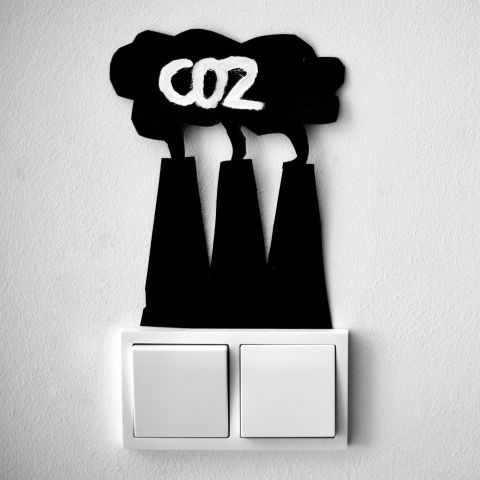
Businesses in various sectors in New Zealand, including building, engineering, food and drink production, and hospitality, extensively use carbon dioxide (CO2).
In New Zealand, a combination of imported and domestically produced CO2 is utilised, with Todd Energy’s Kapuni liquid CO2 plant in Taranaki being a significant source, accounting for slightly over half of the country’s total CO2 supply.
However, the plant has been functioning at a reduced capacity due to a potential safety issue discovered in December 2022. Todd Energy is now increasing production, and the plant is expected to resume full-capacity operations in late 2023.
CO2 distributors are collaborating with their clients to determine the most suitable solution for their needs.
While CO2 has historically been a low-cost and easily accessible commodity, there are alternatives available for most applications, and we encourage businesses and suppliers to work together to explore potential solutions and promote innovation.
It is possible to procure your CO2 supply from foreign sources. To obtain more information, please contact your gas supplier.
Various substitute gases are available in the market that can be used for specific purposes. For instance, nitrogen can be utilised for canning beverages, and compressed air can be used as a partial replacement for CO2 in hospitality businesses to dispense tap beer or soft drinks.
If you’re looking for information and guidance on gas alternatives for particular applications, reach out to your industry association as they have the necessary knowledge and resources.
Before applying, make sure to check if you meet the eligibility criteria. The agencies listed below offer financial assistance for affected businesses.
Businesses located outside of Auckland, Wellington, or Christchurch that have been affected may qualify for funding through the Regional Strategic Partnership Fund.
The fund’s goal is to strengthen regional economies and make them more productive, inclusive, sustainable, and supportive of Māori by providing customised local solutions that cater to each region’s distinct requirements and advantages.
Funding could be utilised for projects such as implementing technologies that lower carbon dioxide emissions or adopting processes that allow for the use of alternative gases.
For further information and to confirm eligibility requirements, please visit the Kānoa – Regional Economic Development and Investment Unit website’s Regional Strategic Partnership Fund section.
Work out if your project is eligible — Kānoa – Regional Economic Development and Investment Unit
The Sustainable Food and Fibre Futures fund co-invests in initiatives aimed at promoting innovation and problem-solving in New Zealand’s food and fibre industry. They offer to fund a variety of projects, ranging from those that cost under $100,000 to multi-year programs worth millions of dollars.
These initiatives can be focused on individual businesses or industry-wide and cover the entire value chain. The project’s benefits must extend beyond the individual business and benefit the wider food and fibre sector.
If you have a proposal that aligns with the funding criteria, reach out to the Ministry for Primary Industries to discuss your idea.
Sustainable Food and Fibre Futures — Ministry for Primary Industries
In case you have been impacted by the CO2 shortage, Work and Income may provide assistance.
You may qualify for financial aid to help retrain or redeploy your staff. Regardless of whether you’re considering downsizing or reducing work hours or if you need additional workers, it is advisable to approach Work and Income early to determine the support you are eligible for.
Employers — Work and Income
The Energy Efficiency and Conservation Authority (EECA) provides assistance to businesses in enhancing energy efficiency and decreasing emissions via a set of Sector Decarbonisation Pathways.
Industry professionals have developed free tools and resources that you can use to reduce your company’s energy-related emissions, work together with others, and reduce your sector’s overall climate impact.
For projects to qualify for co-funding from EECA, they must meet specific criteria that help to attain national emissions targets through various industrial/commercial energy efficiency, fuel switching, energy supply (such as renewables), or other energy-related decarbonisation initiatives. These initiatives should:
- reduce energy use/consumption, or
- reduce carbon emissions from energy use, or
- both of the above.
If a business can demonstrate that its initiative will contribute to reducing New Zealand’s national carbon footprint from energy-related greenhouse gas emissions caused by fossil fuels, it might be eligible for EECA co-funding.
For more details on eligibility requirements and examples of funded projects, please refer to the EECA website.
Co-funding and support — EECA
Are you struggling with accounting and business management for your business? We are here to help! Get in touch with us to discuss how our expert services can support your business’s success. Contact us today to schedule a free consultation and see how we can add value to your operations.















